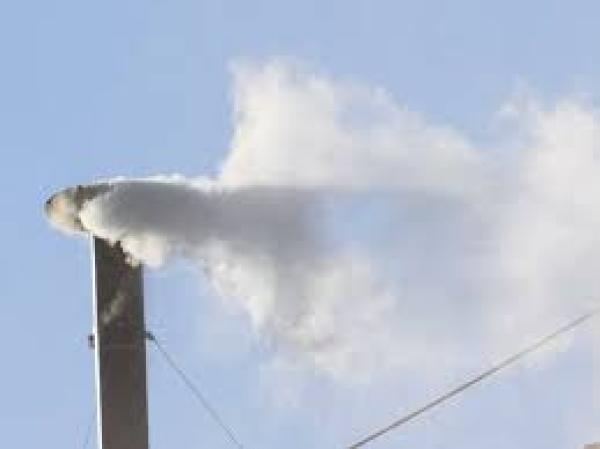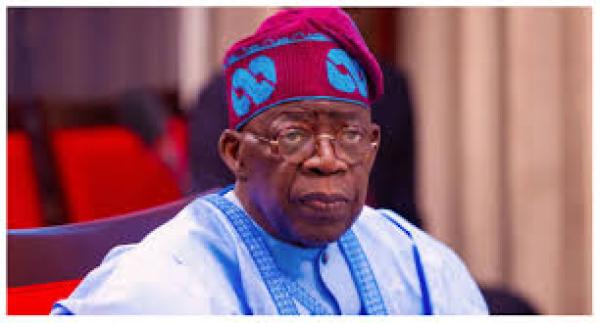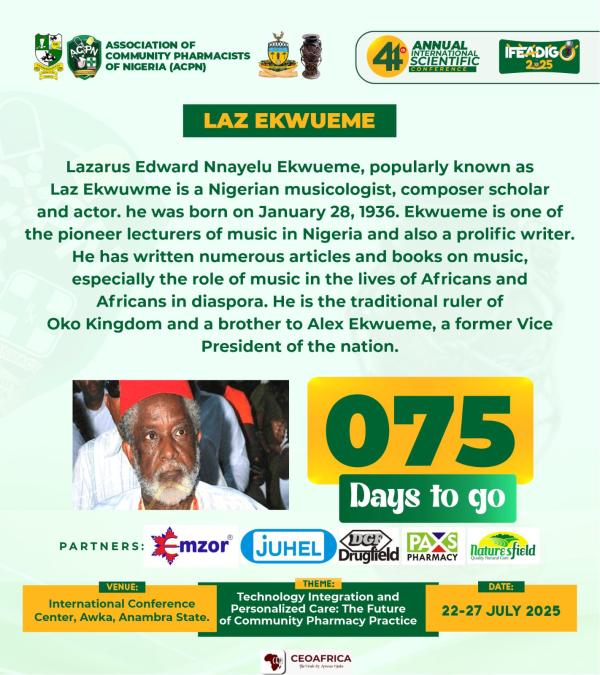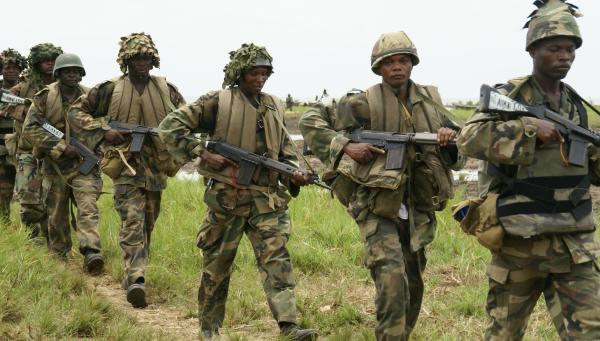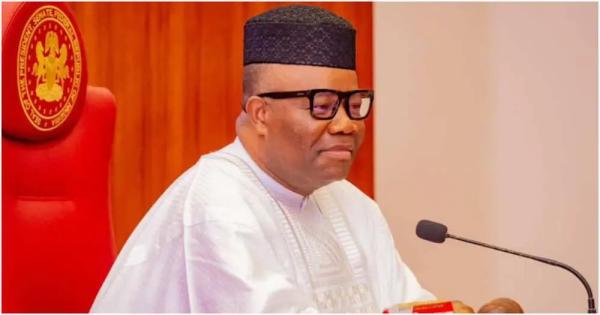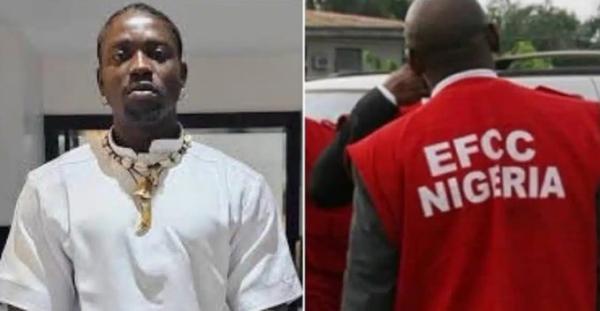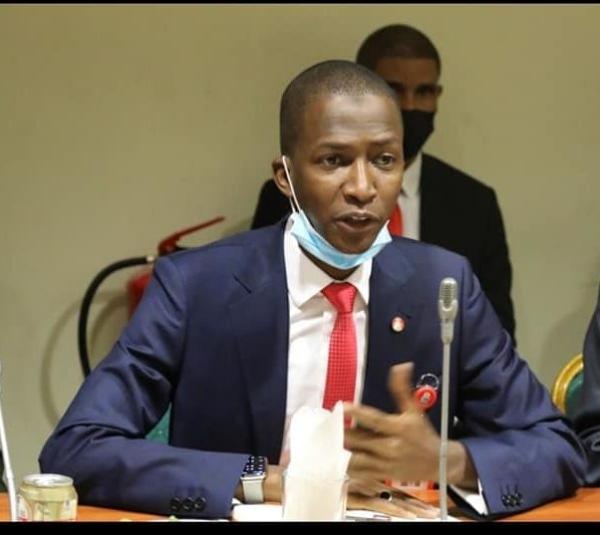
As parties heighten campaigns ahead of the 2023 general elections, the Economic and Financial Crimes Commission (EFCC) said it is closely monitoring the spending patterns of top politicians in order to forestall a situation where they would use funds to influence the electoral process.
Chairman of the EFCC, Mr. Abdulrasheed Bawa, however, said the commission is being careful not to invite some of them for questioning in order not to be misconstrued as political witch hunting.
He confirmed that there are a number of petitions already before the commission indicting some of the key political figures which the anti-graft agency is critically looking at currently.
Confirming the development on Thursday while featuring at the weekly briefings coordinated by the Presidential Media Team at the State House, Abuja, Bawa said the Petitions Vetting Desk/Committee of EFCC, comprising of experienced officers from the Legal Department as well as those trained to investigate such petitions, are currently reviewing these petitions with a view to seeing whether they have merits that will warrant prosecution.
According to Bawa, the EFCC is working on every petition directed to it to establish the veracity of such petition, stressing that the anti-graft agency which he leads is poised to work for the interest of Nigerians without fear or favour.
Asked if EFCC has received any petition against any of the 18 presidential candidates jostling to occupy the presidency by 2023, Bawa simply responded by saying: “On the question if we received petitions against top politicians contesting for office. My concern is at this hour do you want us to start inviting all the presidential candidates to come to our office and make statements? You, the same media, will say it’s politically motivated.
“So we are not, but we are working behind the scene regarding such petitions we have received to see those that have merits. So, that’s why we are not politicising it.”
“That’s another reason why we have what we call Petitions Vetting Desk/Committee made up of experienced officers from the Legal Department as well as those trained to investigate that will review these petitions to see whether they are in line with our own mandate before they will recommend whether they will be prosecuted by the EFCC.”












